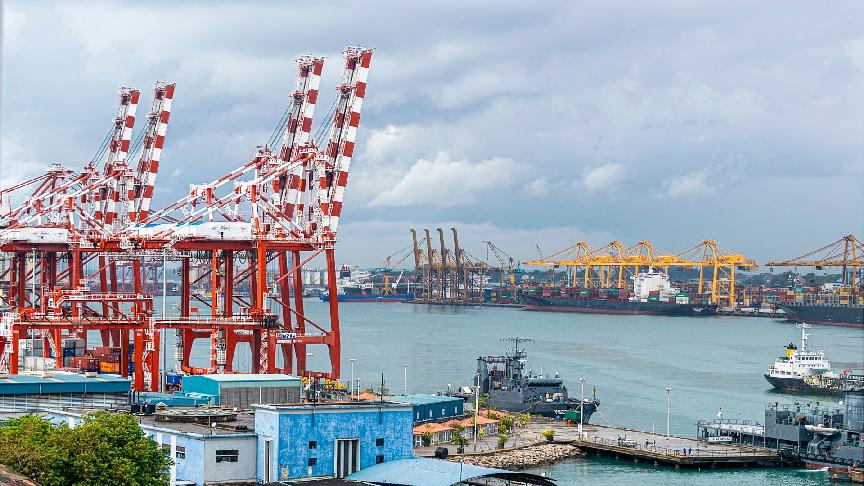13 August (Lloyd's List) - WAN Hai Lines is joining the newbuilding frenzy sweeping container shipping with its first-ever order of up to 20 methanol-powered boxships.
The Taiwanese carrier said it signed letters of intent to build a dozen 8,000 teu ships with compatriot builder CSBC Corporation for $102.5-124m per ship, with an option for four more.
Another four ships of 8,700 teu were penned in a similar preliminary deal from South Korea's HD Hyundai Samho for $113.5-130.4m each.
Clarksons' latest benchmark newbuilding price for a 7,500/8,500 teu methanol dual-fuel boxship stands at $118.5m.
This will be the first time CSBC has built dual-fuel ships, and it also represents the largest single order the Taiwanese shipyard has received, with delivery scheduled to start from the third quarter of 2027 until the third quarter of 2030.
The orders - which also mark Wan Hai's first newbuilding project since 2022 and first ever dual-fuel newbuilding initiative - come despite Maersk recently pivoting towards bio-LNG as an additional fuel option after long focusing on methanol.
Wan Hai has been approached for comment.
The Taipei-headquartered carrier currently has eight vessels totalling 66,052 teu on order, representing 12.8% of its existing fleet, according to Alphaliner data.
The new orders, if materialized, will not only boost Wan Hai’s orderbook but also add to the latest newbuilding spree among container lines since the Red Sea disruptions enriched their coffers following the pandemic.
Wan Hai reported a net profit of TW$16.2bn ($499.8m) for the first half of 2024, reversing the year-ago losses of TW$4.5bn.
Last week, orders for 44 ships totalling 626,000 teu were announced, with owners and operators involved including Seaspan, Maersk and Mediterranean Shipping Co, Lloyd's List reported.
Despite mounting concerns over a orderbook surge, Clarksons data shows over 100 boxships with more than 1.4m in capacity have been ordered since June, excluding those still in the pipeline.
“The current frenzy is almost scary,” said Alphaliner analyst Jan Tiedemann recently in a LinkedIn post.







